|
|
|
TRUE VALUE METRICS
|

|
Numbering the Triple Bottom Line


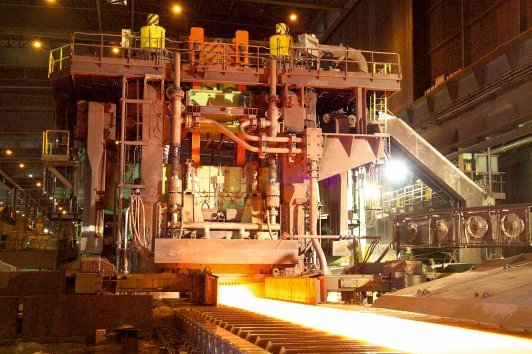
Accounting for ALL the Capitals
|

|
|
|
Navigation to a massive amount of information
|
This page accessed:
|
Double Entry AccountabilityTM
for PEOPLE, PLANET and PROFIT
FACING UP TO CHRONIC UNSUSTAINABILITY
|
METRICS TO MAKE THE WORLD A BETTER PLACE
TRANSPARENCY / ACCOUNTING / ACCOUNTABILITY
|
|
|
WE WANT TO MAINTAIN AN OPEN KNOWLEDGE MODEL
A MODEST DONATION WOULD BE OF HUGE VALUE!
|
|
|
.
|
HOW THE WORLD WORKS
SOCIO-ENVIRO-ECONOMIC SYSTEM
|
|
IT'S A COMPLEX WORLD!
|


|
|
Managing complexity is difficult. In modern times, the system has been managed for the benefit of those who own financial capital. The dominant economic metrics have been GDP growth, corporate profit growth and stock market wealth. Management metrics have been aligned to these same goals, and have been very effective.
|
|
.
|
|
THESE METRICS ARE USED FOR DECISION MAKING
|
GDP GROWTH

|
CORPORATE PROFITS
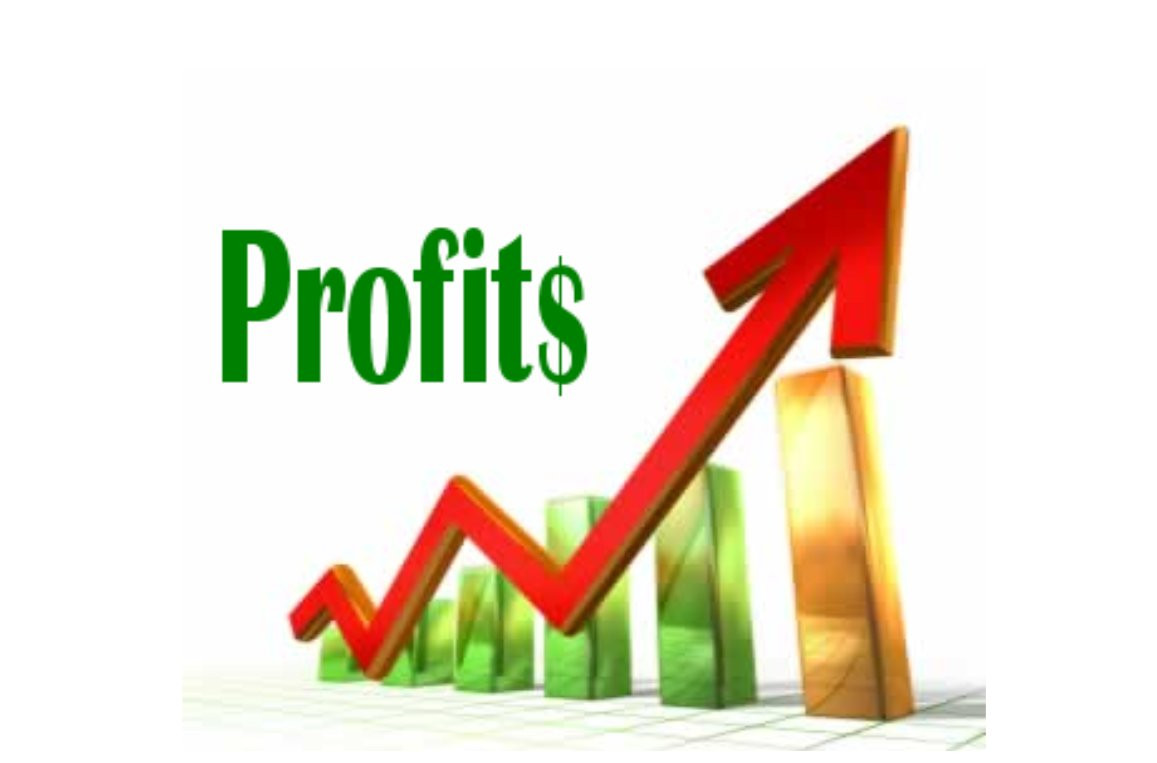
|
CAPITAL MARKETS
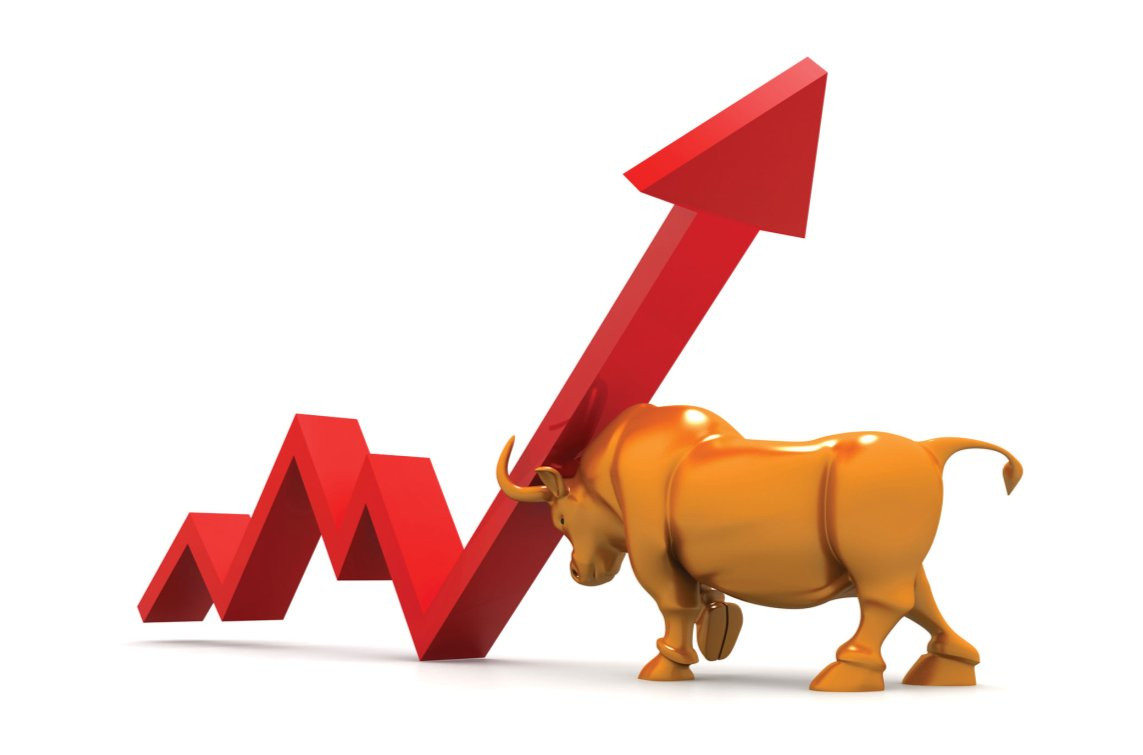
|
AND THE RESULTS ARE FAR FROM SATISFACTORY
IN FACT, THE RESULTS ARE CATASTROPHIC
|
|
INEQUALITY / POVERTY
|
ENVIRONMENTAL DEGRADATION
|
EXTREME WEATHER
|
 Luxury Yachts
Luxury Yachts
|
 Homeless camp
Homeless camp
|
 Deforestation
Deforestation
|
 Ocean plastic
Ocean plastic
|
 Eye of storm
Eye of storm
|
 Hurricane
Hurricane
|
|
While there has been impressive financial performance, it has come at the expense of catastrophic inequality with far too many left behind, degradation of the environment and climate instability with extreme weather events.
|
|
.
|
|
TAKE INTO ACCOUNT
ALL
THE CAPITALS
|
|
GOING BEYOND FINANCIAL CAPITAL AND MONEY WEALTH
|
SOCIAL
CAPITAL

SOCIO
|
NATURAL
CAPITAL

ENVIRO
|
ECONOMIC
CAPITAL
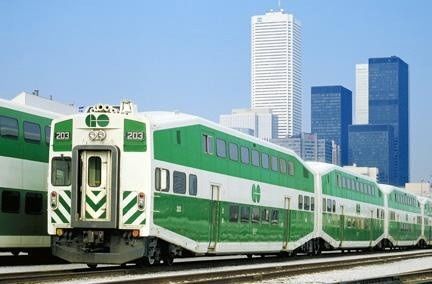
ECONOMIC
|
|
Social and economic progress has been achieved over the past 200+ years by expoiting natural capital. All value originates with nature and everything depends on nature. This is unsustainable, but technological innovation can (must) be used to change things for the better.
|
|
.
|
|
ACTIVITIES have IMPACT on ALL the CAPITALS
|
|
SOCIAL IMPACT
|
ENVIRONMENTAL IMPACT
|
ECONOMIC IMPACT
|
There is a cost of living to support quality of life
There are contributions that people make
There is net benefit AND change to capitals (hopefully positive)
|
There are storms, earthquakes and natural disasters
Ecosystem services are a source of all value
There is net benefit AND change to capitals (mostly negative)
|
There are operating costs for all oconomic activities
There are benefits from economic activity
There is net benefit AND change to capitals (hopefully positive)
|
|
.
|
|
MANAGE
ALL
THE ACTIVITIES AND ACTORS
|
|
.
|
|
CONSUMPTION DRIVING THE MODERN ECONOMY
|
|
CONSUMPTION
|
IMPACTS OF PRODUCTION
|
Quality of Life

SOCIO
|
Pollution

ENVIRO
|
Profit

ECONOMIC
|
|
Consumption is driving the modern economy. It looks like success as long as the depletion of natural resourcs and the degradation of the environment is ignored.There is strong correlation between better quality of life and more consumption in poor economies, but less so in mature rich economies. Rich economies are increasingly associated with catastrophic pollution, waste, inequality and inefficiency.
|
|
.
|
|
MOST ACTORS ARE PEOPLE ... WHO SHOULD BE HELD ACCOUNTABLE
|
PEOPLE HAVE A VARIETY OF DIFFERENT ROLES
MANAGE SO THAT EVERYONE IS ACCOUNTABLE
|
AS INDIVIDUALS

Live life ... work & family
|
IN ORGANIZATIONS

Do the work ... make the decisions
|
AS INVESTORS

Allocate financial resources
|
|
Prevailing metrics and financialization have had mixed results ... very good economic ouitcomes for an elite few, but extremely disappointing for everyone else. The concentration of wealth and power is fueling global discontent in very destabilizing ways, including social discontent and anger at the establishment elites and increasingly out-of-control climate instability.
|
|
.
|
|
NATURE IS ALSO AN ACTOR ... AND SHOULD BE RESPECTED
|
NATURE PREDATES PEOPLE BY BILLIONS OF YEARS
AND IS THE SOURCE OF ALL VALUE
|
|
FOR EXAMPLE NATURE MAKES A FISHERY SUSTAINABLE
|
|
JUVENILE NURSERY
|
INDUSTRIAL FISHERY
|
SEAFOOD MARKET
|

|

|

|
- Natural Capital is foundation for this fish and food flow
- Economic Activity captures fish, employs fisherfolk and earns profit.
- Social Capital benefits from employment and food
|
|
.
|
|
CONSIDER ALL THE PERSPECTIVES
|
|
NOT ONLY PROFIT, BUT ALSO PEOPLE, PLACE & PRODUCT
|
PROFIT

Economic goal
|
PEOPLE

Men, women & children
|
PLACE
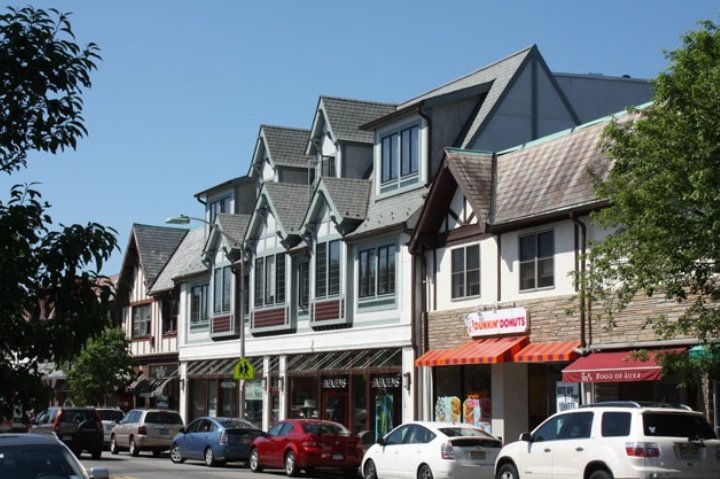
Where people live
|
PRODUCTS

Quality of Life
|
|
There is valueadd when there is a positive balance from every perspective. Profit alone is not enough, people should also progress. And the progress of people is enhanced by the characteristics of the place. Products impact everything. The production of products is a factor in the generation of profits. The consumption of products is a factor in the quality of life of people. Not least, the place influences where products may be and are produced.
|
|
.
|
|
CONSIDER THE RESULTS
|
|
GREAT FINANCIAL PERFORMANCE SINCE WWII
|
PRODUCTIVITY UP
WAGES UP
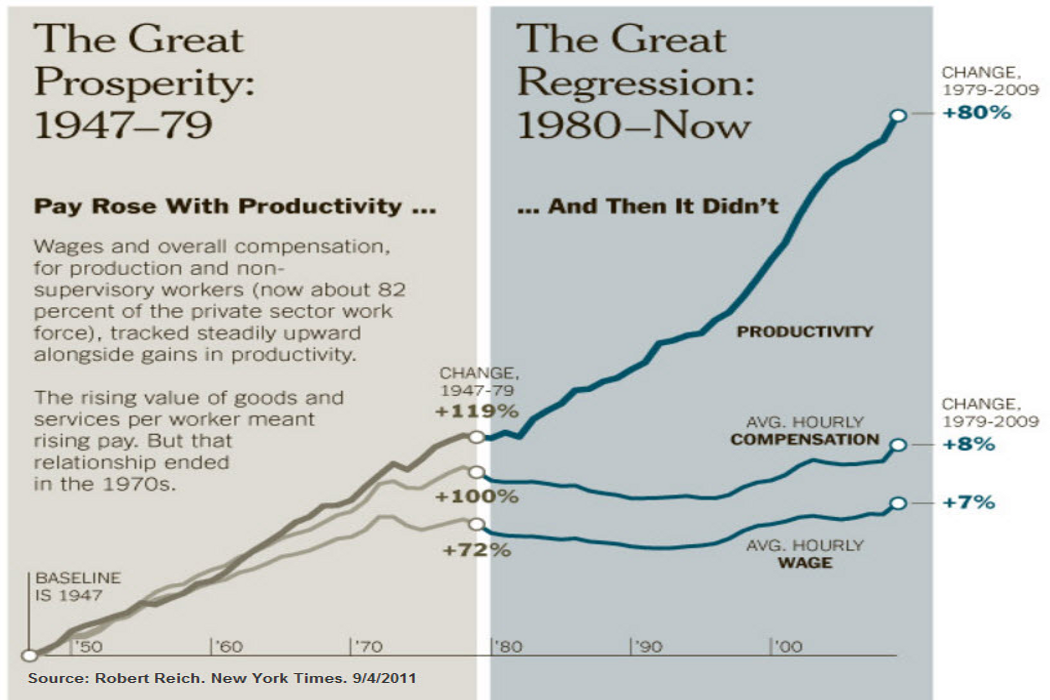
From end WWII to around 1980
|
STRONG
GDP GROWTH

GDP growth has been very strong
|
CAPITAL MARKETS
STOCK VALUES UP

Stock market has been spectacular
|
ESSENTIAL
HOUSING

More decent housing to around 1980
|
|
BUT SOCIAL PROGRESS WEAK SINCE THE 1980s
|
PRODUCTIVITY UP
WAGES FLAT

From around 1980 to present time
|
GDP GROWING
GPI FLAT

While GDP is up, progress (GPI) is flat
|
GROWING
INEQUALITY

More obscene luxury
|
ESSENTIAL
HOUSING

Slums proliferating since 1980
|
|
AND NATURAL CAPITAL BEING DANGEROUSLY DEGRADED
|
RESOURCE
DEPLETION

Mining for natural resources
|
ENVIRONMENTAL
DEGRADATION

Deforestation for palm-oil plantations
|
INDUSTRIAL
POLLUTION
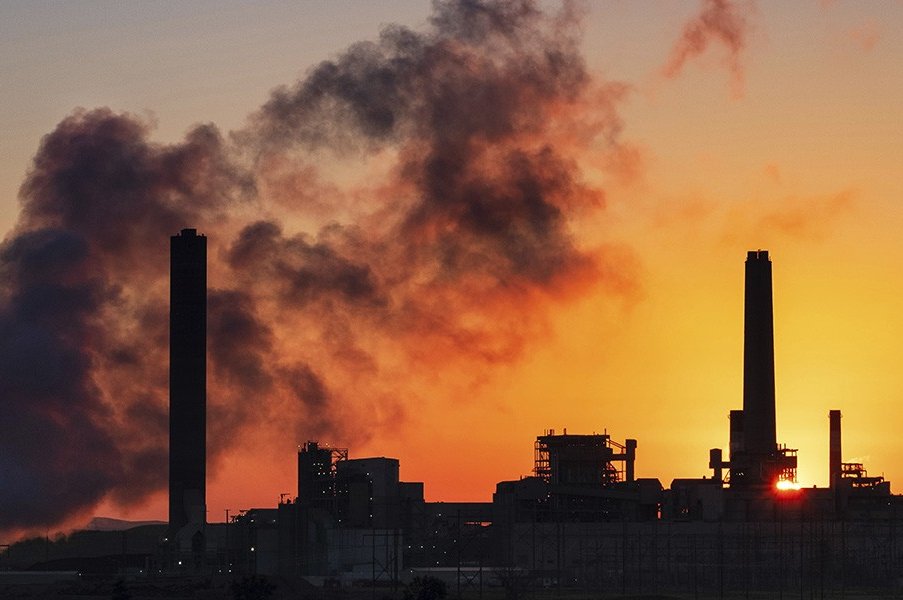
GHGs, liquids and solids
|
CLIMATE CHANGE
EXTREME WEATHER

Extreme weather
|
|
.
|
|
IMPERATIVE FOR RADICAL ACCOUNTABILITY
|
|
EVERYTHING FOCUSED ON PROFIT PERFORMANCE MAKES NO SENSE
|
|
We talk about profit and money and wealth
|
But not about low wages, poverty and deprivation
|
And how the system is rigged in favor of the wealthy
|
And all sorts of abysmal hidden corporate behavior
|

|

|

|

|
|
The only group that are protected systemically are investors ... everyone else nay be lied to with impunity. It is called the First Amendment. But there is nothing to stop society from doing RADICAL ACCOUNTABILITY so that misfeasance in every aspect of society is exposed.
|
|
.
|
|
.
|
|
.
|
|
|
STATE
THE STATE OF ALL THE CAPITALS
|
SOCIAL
CAPITAL

SOCIO
|
NATURAL
CAPITAL

ENVIRO
|
ECONOMIC
CAPITAL

ECONOMIC
|
|
.
|
|
SOCIAL CAPITAL
|
|
THE STATE OF SOCIETY
|
|
THREE SEGMENTS OF SOCIAL CAPITAL
|
|
HUMAN CAPITAL
|
RELATIONSHIP CAPITAL
|
LOCATIONAL CAPITAL
|
Individual

The basis for everything important ...
|
Family / Community

The family an important part of the social structure
|
Place / Community

The place factors into quality of life
|
Human Capital
Reflects quality of life at the individual level
Past: Value emerging from childhood, parenting, education, healthcare, family and friends, experience ...
Present: Current situation, job and earnings, family and friends, housing, health, wealth, etc. ...
Future: How well prepared. Possibilities in the place ... beyond the place. Macroeconomic trends. Leadership behavior.
|
Relationship Capital
The relationships associated with family, friends and connections magnifies or diminishes human capital.
A good idea that is never shared has no value, but the network effect of many connections may make it valuable.
|
Locational Capital
The place really matters.
Human capital is augmented by a high potential place and is diminished by a low performance place.
A really smart place is not driven by technology but by strategy where the potential of people is well understood and used to good effect.
|
PEOPLE ARE THE ACTORS IN THE SYSTEM
It is people (actors with identities) that must be held accountable.
|
AS AN INDIVIDUAL
AND/OR AS FAMILY

|
AS AN INDIVIDUAL
IN AN ORGANIZATION

|
AS AN INDIVIDUAL
MAKING INVESTMENTS

|
|
NATURAL CAPITAL
|
|
NATURE / SOURCE OF ALL VALUE
|
|
SIX SEGMENTS OF NATURAL CAPITAL
|
LAND

|
WATER

|
AIR

|
RESOURCES

|
BIODIVERSITY

|
ECOSYSTEMS

|
|
LAND
|

|
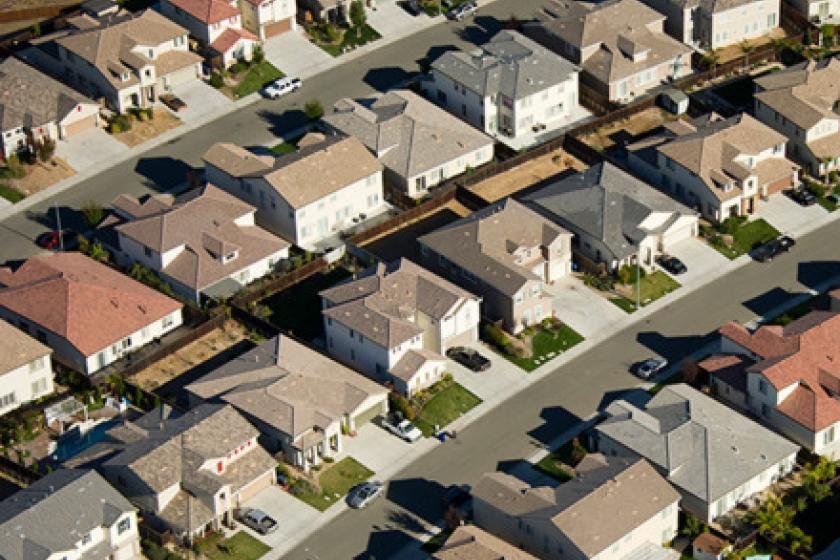
|

|
There is a limited amount of land on the planet. Land is one of the key planetary limits. It is vital that land is used in a sustainable manner rather than being degraded in the interest of unsustainable economic performance.
|
|
WATER
|

|

|

|
Without water, life as we know it cannot exist. In conventional economics, water is undervalued because for a big part of history it has been abundant and easily accessed. This is changing and water must now be valued more appropriately.
|
|
AIR
|

|
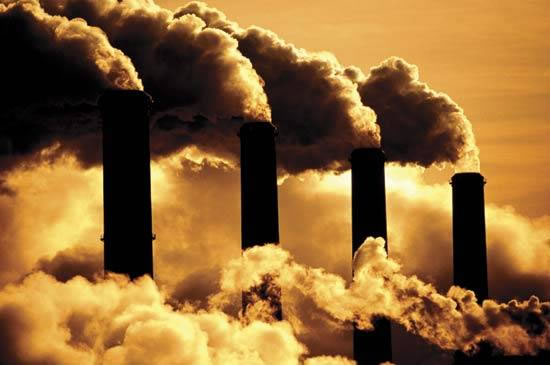
|

|
Clean air is good for human health as well as fauna and flora. Many steps have been taken to reduce the problem of air pollution that we can see, but not enough for the air pollution like CO2 that we cannot see, yet still dangerous.
|
|
RESOURCES
|

|

|

|
Natural resources have helped power the industrial revolution and enabled massive improvements in quality of life, but there are limits because of both depletion and egradation of natural capital. Better use of resources is essential.
|
|
BIODIVERSITY
|

|

|

|
Biodiversity is important. Humankind has emerged over millions of years as a result of massive biodiversity and complex evolution. The future of life depends on the continuing health of the biosphere in all its manifestations.
|
|
ECOSYSTEMS
|

|

|
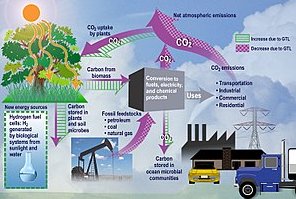
|
There is genius in the way ecosystems have evolved over millions of years to stabilize natural systems in a way that has enabled life as we know it. We should be concerned that in the past 200 years this stability is being compromised.
|
- Nature is the source of ALL value
- To improve quality of life, nature has been exploited, depleted and degraded.
- Nature is rapidly degrading but ignored in conventional financial and economic analysis.
- This is NOT sustainable.
|
|
THREE MAIN SEGMENTS OF ECONOMIC CAPITAL
|
FINANCIAL
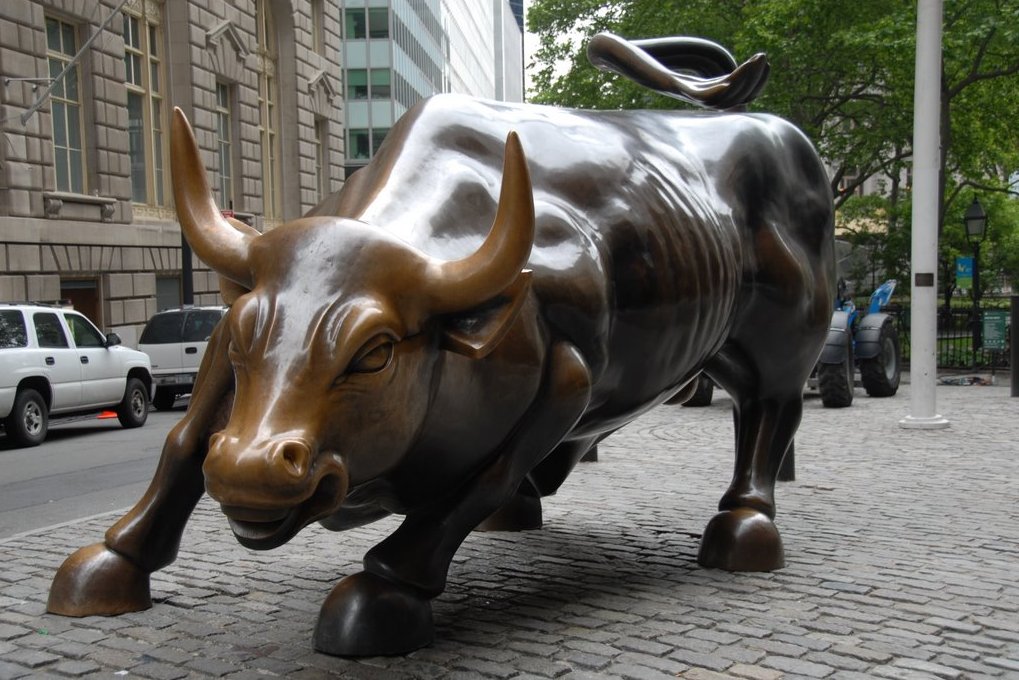
Adding to wealth is dominant goal ...
|
PHYSICAL
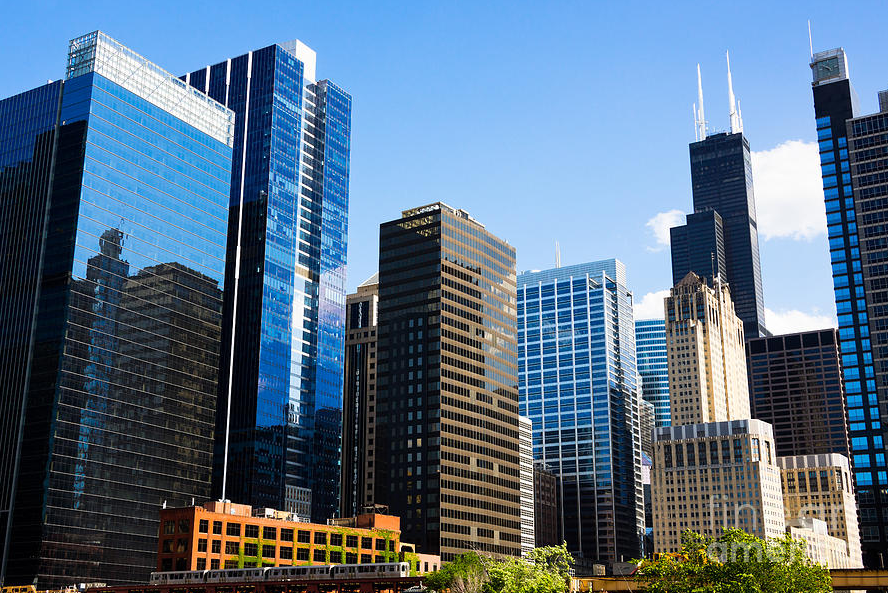
Tangible physical structures ...
|
INTANGIBLE

Important elements for quality of life ...
|
|
FINANCIAL CAPITAL
|
|
THE FINANCIAL ECONOMY
|
GDP GROWTH

|
CORPORATE PROFITS

|
CAPITAL MARKETS

|
|
In modern times, the dominant economic metrics have been GDP growth, corporate profit growth and stock market wealth. Management metrics have been aligned to these same goals, and have been very effective. TrueValueMetrics seeks to enhance accountancy to include Social Impact and Environmental Impact.
|
|
.
|
|
FINANCIALIZATION HAS BEEN GOOD FOR OWNERS
BUT NOT GOOD FOR MOST OF THE WORKING MIDDLE CLASS
|
STOCKS UP

Stock market has been spectacular
|
WAGES FLAT

and wages flatlining while productivity grows.
|
GDP growing / GPI flat

While GDP is up, progress (GPI) is flat
|
|
AND IMPACT ON NATURAL CAPITAL IGNORED
|
RESOURCE
DEPLETION

Mining for natural resources
|
ENVIRONMENTAL
DEGRADATION

Deforestation for commercial agriculture
|
CLIMATE
INSTABILITY

Catastrophic costs
|
|
.
|
|
PHYSICAL CAPITAL
|
|
THE PHYSICAL (REAL) ECONOMY
|
|
.
|
LAND & BUILDINGS

|
INFRASTRUCTURE

|
PROCESSES
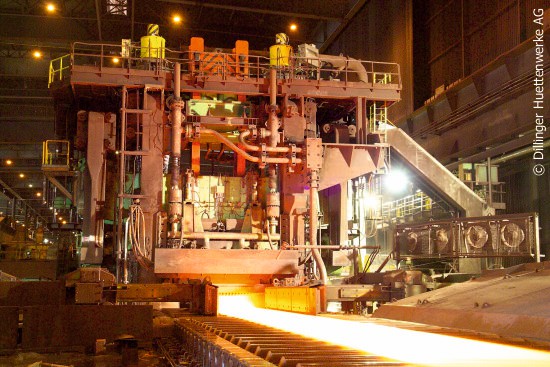
|
EQUIPMENT

|
WORKING CAPITAL

|
- Modern engineering and technology is deployed and exploited to improve profit performance.
- Rather little technology is deployed to make society and the world a better place.
- The modern 'real' economy is pretty amazing, but not so much in the news (Western news, that is).
- Many of the more amazing things are going on in the Middle East (e.g. Dubai) and Far East (China).
|
|
.
|
|
LAND AND BUILDINGS
|
COMMERCIAL
 FARMLAND
FARMLAND

|
HOTEL
 APARTMENTS
APARTMENTS

|
ROW HOUSES
 SUBURBAN
SUBURBAN

|
Buildings represent a big part of the physical economy, and are a big part of life. They have a long life and require a substantial amount of materials to build. They are where people live their lives. Buildings have impact on the environment during construction and again during their life because of operational energy use.
|
|
.
|
|
INFRASTRUCTURE
|
BRIDGES
 ROAD
ROAD

|
RAIL
 PORTS
PORTS

|
WATER
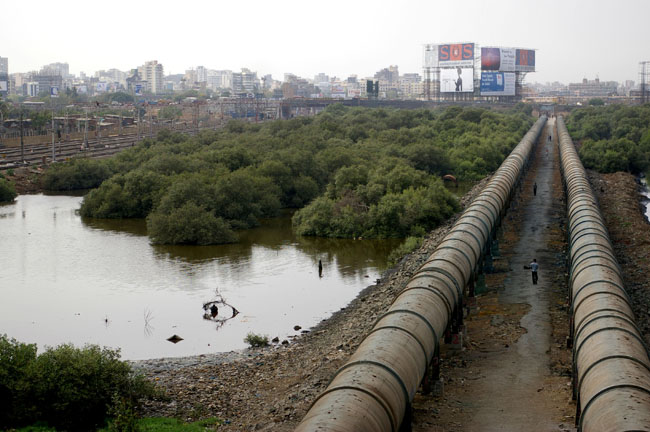 TELECOM
TELECOM

|
Infrastructure makes a big difference to a place. The lack of infrastructure is one of the root causes of poverty in a place. Infrastructure has substantial cost to build, but long life means that infrastructure benefits accrue over a long time. The question of pubic or private ownership of infrastructure is an important ongoing debate.
|
|
.
|
|
MINING AND MANUFACTURING PROCESSES
|
MINING I
 MINING II
MINING II

|
IRON & STEEL
 CONCRETE
CONCRETE

|
PETROCHEMICALS
 PULP & PAPER
PULP & PAPER

|
Processes make products which are needed to satisfy the needs of people ... but the social and environmental efficiency of processes is not accounted for effectively. Business understands the profit performance of processes, but without better metrics, social and environmental improvement get ignored.
|
|
.
|
|
MACHINERY, EQUIPMENT & VEHICLES
|
SHIPS
 AIRCRAFT
AIRCRAFT

|
BUSES
 AUTOMATION
AUTOMATION

|
MINING
 OIL & GAS
OIL & GAS

|
The performance of machinery, equipment and vehicles has progressed enormously over the last century. Human brawn is no longer an important part of the production process, rather it is the machine that gets the work done. In the future is is not only going to be the brawn of the machine but also the brain of the machine. The challenge is to make this a benefit to society, the environment and the economy.
|
|
.
|
|
PRODUCTS / WORKING CAPITAL
|
SHIPPING
 TRUCKING
TRUCKING
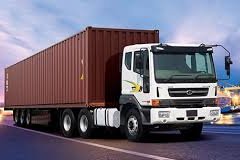
|
FULFILLMENT
 WAREHOUSE
WAREHOUSE
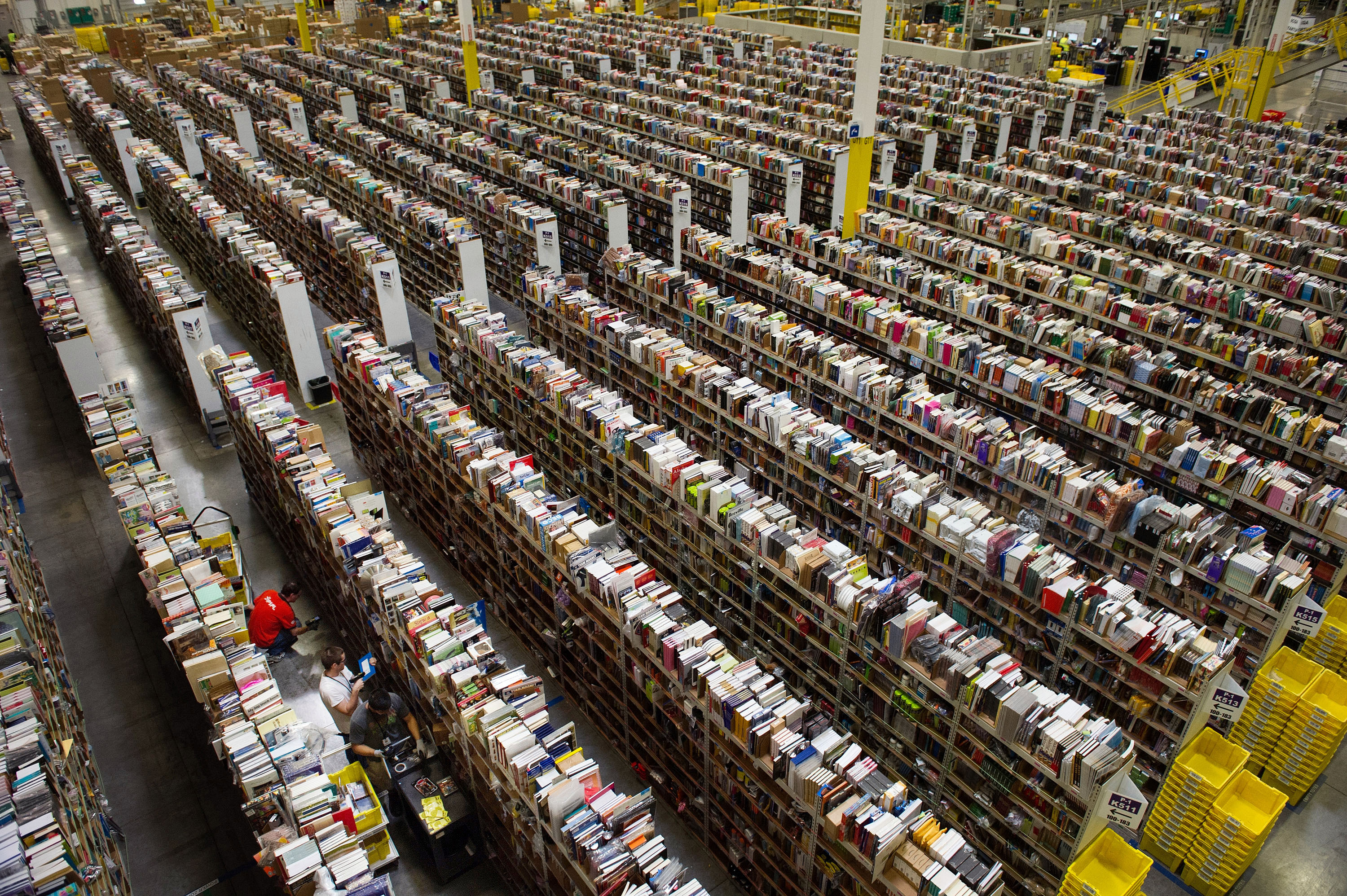
|
RETAIL
 E-COMMERCE
E-COMMERCE

|
Working capital is a vital component in the economy enabling the efficient function of essential organizations. Technology has enabled substantial improvement in the operation of the supply chain and indeed has made possible global logistics that have become a key part of the modern economy.
|
|
INTANGIBLE CAPITAL
|
|
THE INTANGIBLE ECONOMY
|
|
Some of the things that make life worth living
|
|
KNOWLEDGE CAPITAL
|
INSTITUTIONAL CAPITAL
|
CULTURAL CAPITAL
|
KNOWLEDGE

|
EDUCATION
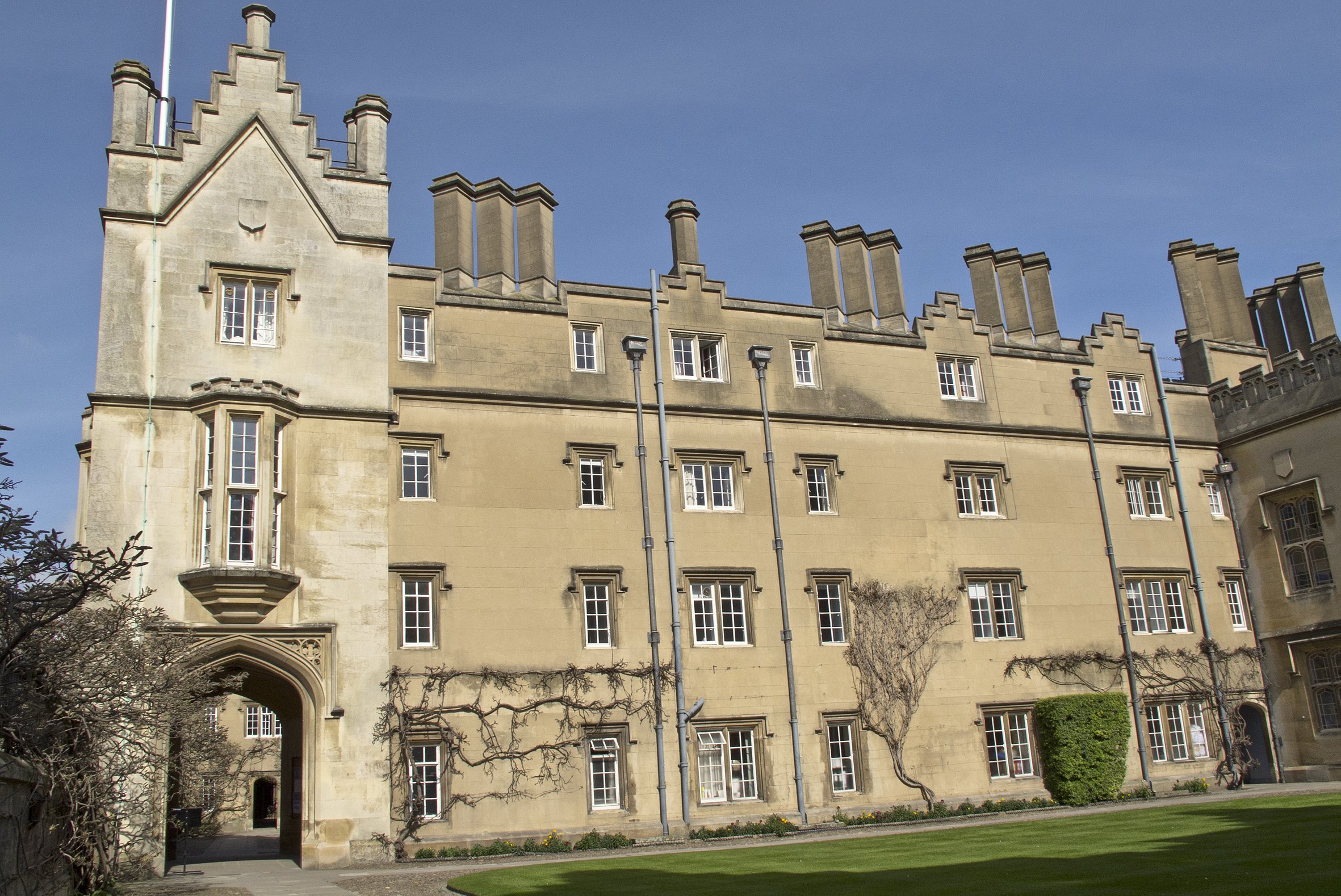
|
GOVERNMENT
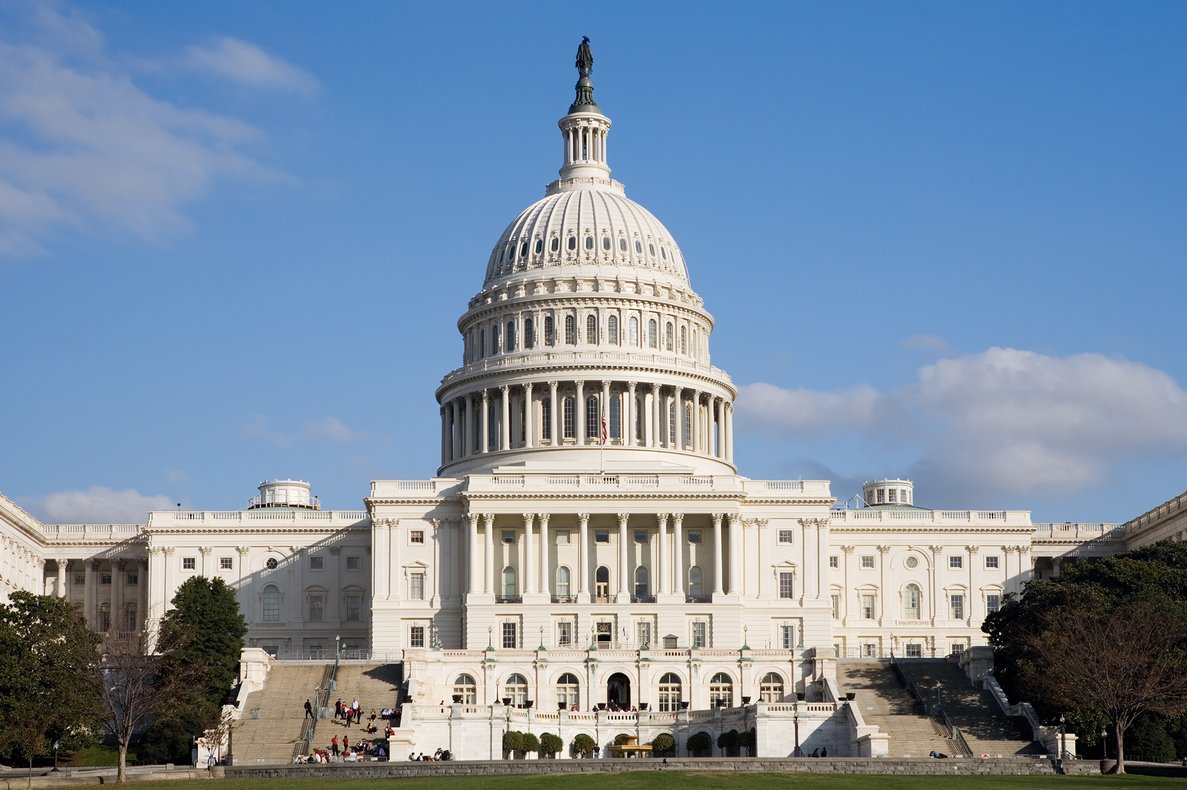
|
SECURITY

|
CULTURE

|
RELIGION
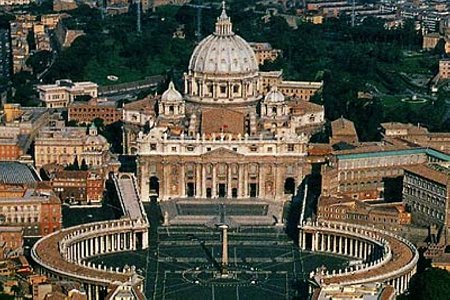
|
|
.
|
|
KNOWLEDGE CAPITAL
|
|
EDUCATION / RESEARCH / TECHNOLOGY
|
KNOWLEDGE

Albert Einstein
EDUCATION

Cambridge
|
BIO-TECH
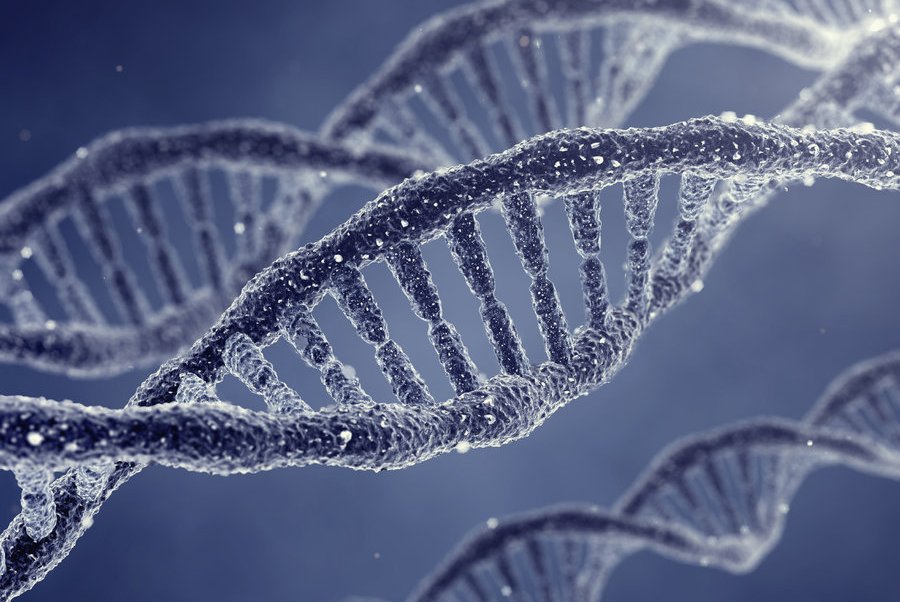
Genetic code / DNA
AUTOMATION
 Auto Assembly
Auto Assembly
|
DIGITAL TECH

Quantum Computing
AEROSPACE

Space Shuttle
|
It is human imagination that makes knowledge possible. Humankind now has more easy access to knowledge than at any time in history in all sorts of fields. This knowledge has the potential for both good and bad ... nuclear power or nuclear bombs ... digital distribution of news or dangerous misinformation ... cures for disease or biological warfare ... and so on. There are huge possibilities if well used.
|
|
.
|
|
INSTITUTIONAL CAPITAL
|
|
GOVERNANCE / RULE OF LAW / ORGANIZATIONS
|
Legislation
 Companies
Companies

|
Police
 Courts
Courts

|
Military
 Accounting
Accounting

|
The challenge of ordering society in an effective way has been in play for a very long time, and getting this right continues to be a subject of great debate. What is clear is that when the enabling environment of governance, rule of law and organizations becomes dysfunctional, quality of life rapidly degenerates and the system won't work.
|
|
.
|
|
CULTURAL CAPITAL
|
|
MUSIC and ARTS / RECREATION / RELIGION
|
Music
 Drama
Drama

|
Opera
 Dance
Dance

|
Religion
 History
History

|
Cultural capital comprises all sorts of activities that give pleasure and make life worth living. They nourish the soul. Culture is not a core part of conventional economic and financial analysis, but it should be because it is such an important component of quality of life. To have a sustainable world there is a need for less materialism, and more cultural activity.
|
|
.
|
|
.
|
FLOW
INPUTS ... ACTIVITIES ... OUTPUTS
ACTIVITIES / ACTORS / PERSPECTIVES
|
|
.
|
|
STREAMS / STRANDS / STRINGS
|
|
WHAT ARE ALL THE IMPACTS FOR THE LIFE CYCLE OF PRODUCTS?
|
NATURE

|
EXTRACTION

|
SUPPLY CHAIN

|
PRODUCTION

|
USE

|
WASTE

|
|
Everything that is used to support a high standard of living and quality of life has a long supply chain, then production and distribution, then use, and then a post use waste chain. For metrics to be meaningful, all of these stages must be brought into account.
|
|
.
|
|
CONSIDER ALL THE PERSPECTIVES
|
|
EMPOWER ALL THE ACTORS
|
|
AND ACCOUNT FOR IMPACT ON ALL THE CAPITALS
|
TECHNOLOGY

Enabler of progress
|
ORGANIZATIONS

More than profit
|
PEOPLE

Men, women & children
|
PLACE

Where people live
|
PRODUCTS

Quality of Life
|
|
Some people are very fortunate, and others less so. The accident of birth should not be the main determinant of success and a happy productive life. There should be opportunity for everyone.
The characteristics of the place make a big difference to quality of life. The choices people make regarding the products purchased and consumed impact the person, the economy and the environment.
|
|
.
|
|
ROLE PLAYED BY TECHNOLOGY
|
|
PRODUCT CONSUMPTION IS A DRIVER OF THE MODERN ECONOMY
|
CONSUMPTION

|
PROCESSES

|
MATERIALS

|
ENERGY

|
PAYROLL

|
|
Consumption is driving the modern economy. It looks like success as long as the depletion of natural resourcs and the degradation of the environment is ignored.There is strong correlation between better quality of life and more consumption in poor economies, but less so in mature rich econmies. Rich economies are increasingly associated with waste, luxury and inefficiency.
|
|
ROLE PLAYED BY CORPORATE ORGANIZATIONS
|
|
ALL HAVE SUBSTANTIAL IMPACT ON SOCIETY AND THE ENVIRONMENT
|
DIGITAL TECH

Google
|
OIL & GAS

ExxonMobil
|
AERO ENGINES

Rolls Royce
|
BANKING

HSBC
|
ENGINEERING
 GE
GE
|
FOOD
 Unilever
Unilever
|
|
Most of the global economy comprises products that are produced by very big organizations that are complex with multiple factories in many different locations, and supply chains that span the globe. It is not easy to understand these companies in a way that makes it possible to hold them accountable for their behavior. Nevertheless, despite their complexity, they are able to communicate their profit performance to investors, but not their social impact nor their environmental impact, even where these are material. This has to change.
|
|
.
|
|
ROLE PLAYED BY INDIVIDUAL PROCESSES & FACTORIES
|
|
WHAT IS THE IMPACT ON SOCIETY AND THE ENVIRONMENT?
|
MINING

|
LOGISTICS

|
ENERGY

|
ELECTRICITY

|
PRODUCTION

|
OIL REFINERY

|
|
Every sector, every industry, has become very specialized and over a long period of time has been optimized for profit performance. Profit performance has been exceptional for decades, but too little attention has been paid to social and environmental issues. This must change. Process improvements are essential and must focus in improving social impact and environmental impact as well as merely being more profitable.
|
|
.
|
|
MANAGE FOR THE SECTORS / INDUSTRIES
|
|
WHAT IS THE IMPACT ON SOCIETY AND THE ENVIRONMENT?
|
MINING

|
LOGISTICS

|
ENERGY

|
ELECTRICITY

|
PRODUCTION

|
|
AGRICULTURE

|
HEALTHCARE

|
RAIL

|
|
|
|
|
Every sector, every industry, has become very specialized and over a long period of time has been optimized for profit performance. Profit performance has been exceptional for decades, but too little attention has been paid to social and environmental issues. This must change. Process improvements are essential and must focus in improving social impact and environmental impact as well as merely being more profitable.
|
|
PEOPLE ... THE ULTIMATE ACTORS
|
|
.
|
|
PEOPLE MAKE DECISIONS ABOUT THE CONSUMPTION OF PRODUCTS
|
Food - Vegetables

|
Food - Meat

|
Housing

|
Clothes

|
Mobility

|
Recreation

|
|
More consumption correlates to a better quality of life up to a certain level. Beyond that level more consumption may well have negative consequences, as for example too much food may result in obesity and diabetes or worse.
|
|
.
|
|
PEOPLE AS CONTRIBUTORS ... AS DECISION MAKERS
|
AS INDIVIDUALS

Live life ... work & family
|
IN ORGANIZATIONS

Do the work ... make the decisions
|
AS INVESTORS

Allocate financial resources
|
|
EMPOWER THE INDIVIDUAL AND ENABLE BASIS FOR A BETTER LIFE
|

|
Every individual is different, both in what they are capable of doing and how they want to live their lives. People should have the freedom to succeed in all sorts of good ways, and should be helped so that they never fail. People need the facts about themselves and everything around them.
|
|
ESTABLISH ACCOUNTABILITY FOR PEOPLE WITHIN ORGANIZATIONS
|

|
Companies are important drivers of the economy. Within companies it is people that make the decisions, and for many decades the dominant metric for success has been profit without taking into consideration impact on society and nature. This must change. Profit performance on its own is not enough!
|
|
IMPROVE DECISION PROCESS FOR INVESTMENT DECISIONS
|

|
The allocation of capital shapes the future of the economy. People make the decisions about what investments should be made and have been guided mainly by the potential for growth of financial wealth without taking into consideration issues relating to society and the environment. These other issues matter.
|
|
.
|
|
.
|
|
PLACE
|
|
THE CRITICAL VALUE ADD FROM LOCATIONAL CAPITAL
|
|
.
|
|
CITIES / COMMUNITIES
|
Cities and Communities are where people live their lives
|
MAIN ST.

|
SCHOOLS

|
CHURCHES

|
POLICE

|
RECREATION

|
HOSPITALS

|
SUBURB

|
UNIVERSITIES

|
HOUSING

|
FIRE

|
RELAXATION

|
PERSONNEL

|
|
Everything is needed in the place to enable Quality of Life. Everything is interconnected. Nothing important can be missing ... multi-sector is essential
|
|
.
|
|
COUNTRIES
|
More than 200 countries ... with vastly different characteristics
|











|
Data at the country level useful for broad comparisons, not so much for management of performance
|
|
.
|
|
.
|
|
PRODUCTS
|
|
PRODUCTS IMPACT PEOPLE AND ORGANIZATIONS AND NATURE
|
|
.
|
|
NEEDED FOR A DECENT QUALITY OF LIFE
|
Food - Vegetables

|
Food - Meat

|
Housing

|
Clothes

|
Mobility

|
Recreation

|
|
More consumption correlates to a better quality of life up to a certain level. Beyond that level more consumption may well have negative consequences, as for example too much food may result in obesity and diabetes or worse.
|
|
.
|
|
PRODUCTS START WITH NATURE AND HAVE A LONG LIFE CYCLE
|
NATURE

|
EXTRACTION

|
LOGISTICS

|
PRODUCTION

|
|
|
|
|
|
|
|
LANDFILL

|
RECYCLING

|
DRIVING

|
EATING

|
CONSUMING

|
|
|
|
|
More products and more consumption improves quality of life up to a point. But the manufacture of products results in industrial pollution which is bad for the planet. Getting a better balance is essential.
|
|
.
|
|
MANAGEMENT
|
|
MOVING THE NEEDLE ON IMPORTANT ISSUES
|
|
.
|
|
Peter Drucker famously said you manage what you measure ...
|

|
Peter Drucker famously said 'You manage what you measure'
This is undoubtedly true ... in the corporate world, the components that go into making profit are measured intensely in order to improve profit performance ... and it works!
Unfortunately, we don't do anything like the same amount of measuring in order to improve society and avoid degrading the environment ... and we don't have any easy way of talking about social performance and environmental performance in the same way that we are able to talk about corporate performance and investment portfolio performance. This has to change
|
|
We argue that you had better measure the right things
|
|
ABOUT THE TVM INITIATIVE
|

|
Numbering the Triple Bottom Line



Accounting for ALL the Capitals
|

|
TRANSPARENCY
and
ACCOUNTABILITY
METRICS TO MAKE THE WORLD A BETTER PLACE
|
- Uses the core concepts of conventional accountancy.
- Enhances the concepts to address the issue of social impact.
- Also incorporates the impacts linked to environmental changes.
- Considers multiple perspectives beyond the corporate reporting entity.
- Accounts for impacts of any activity on social, natural and economic capitals.
|
- Accounts for energy use in processes and embedded in products.
- Acccounts for social impact associated with profile of payroll.
- Accounts for impacts that have material impact on sustainability.
|
|
|
Data at the Center

|
|
Data Everywhere

|
|
|
These schematics were drawn around 1995 early in the days of electronic data collection. What was expensive then, has now become relatively low cost. However, the challenge remains to make use of data in a meaningful way so that better decision get made.
|
|
ACCOUNTING FOR EVERYTHING THAT MATTERS
|
|
THE TRENDS ARE CATASTROPHIC
|
|
ACCOUNTING FOR SOCIAL, ECONOMIC AND NATURAL CAPITALS
|
COLOR CODE

|
DISTANT PAST

|
PRESENT NOT GOOD

|
FUTURE COLLAPSE

|
|
What science shows is that nature is the foundation for everything. Most of the time there is a complex natural balance or equilibrium, but periodically it gets out of balance and many changes take place very rapidly until another equilibrium is found. Because of humankind's economic activity we have arrived at a tipping point and the equilibrium has been disturbed. It is impossible to predict what future the changes will be .,.. but we do know that there will be massive change and it is unlikly that humankind will have the capacity to do very much about it. BE WARNED! GDP growth will aggravate this crisis, not solve it, but smart policy and technological investment and deployment might mitigate the problem significantly. Inaction is criminal.
|
|
Aggregated Socio-Enviro-Economic Trends
|
|
What has been happening ... What needs to happen in the immediate future
|
|
All the segments of capital
|
Trends to now
|
Needed for the future
|

|
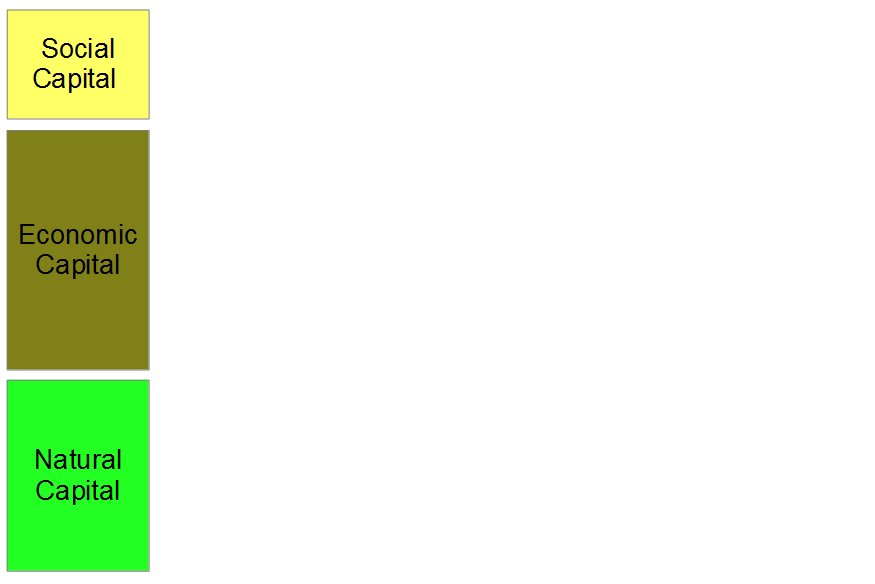
|

|

|
|
THERE IS AN IMPORTANT IDEA IN ACCOUNTANCY THAT IS VERY POWERFUL
|
|
Balance sheet improvement over time is progress. Measure the changes, and you measure progress.
|
NO CHANGE IN BALANCE SHEET
STEADY STATE
|
GROWTH IN THE BALANCE SHEET
POSITIVE PROGRESS / VALUEADD
|
DIMINUTION OF THE BALANCE SHEET
VALUE DESTRUCTION
|

|

|

|
|
CONVENTIONAL ACCOUNTANCY IS WELL ESTABLISHED
|
|
Good accounting embraces both P&L Accounts and Balance Sheet Accounts
|
|
Profit and Loss Account (P&L A/C)
|
P&L A/C with Balance Sheets
|

|

|
|
TVM Enhanced Accounting also embraces the impacts on externalities
|
|
Add Good Impact
|
Deduct Bad Impact
|
Report both Good and Bad
|

|

|

|
|
Enhancing the Profit and Loss Account
|
|
Adding in the BAD impacts
|
Adding in the GOOD impacts
|

|

|
|
Combined Financial Impact plus the Externalities
|

|
|
Only Financial / Only Entity
|
Enhanced / Only Entity
|
Enhanced plus impact on State
|

|

|

|
|
Profit and Loss Account with Enhancement
|
|
Conventional Entity Focus
|
TVM Enhanced Focus with Externalities
|

|

|
|
TVM Enhanced Focus with ALL the CAPITALS
|

|
|
ALL ACTIVITIES (PROCESSES) CHANGE ALL CAPITALS (STATE)
|
|
These reflect more and more detail about the framing and inclusion of externalities
|

|

|

|
|
THIS IS BASIS FOR ACCOUNTING FOR EVERYTHING
|
|
Everything is summarized along the same lines as a financial consolidation
|
|
Enhanced Reporting for any Entity
|
Which also may look like this
|

|
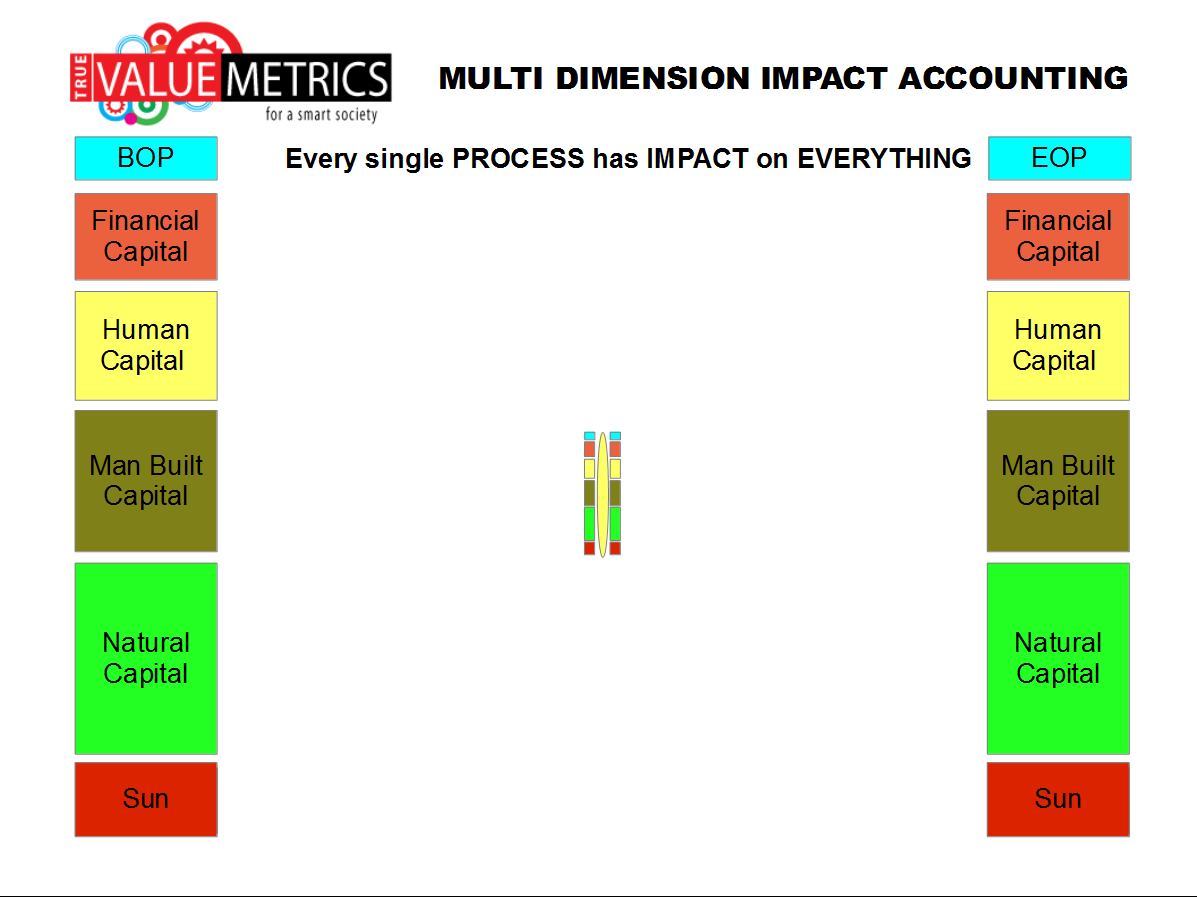
|
|
Processes / Entities adding up to a PRODUCT
|


|
|
Processes / Entities adding up to a PLACE
|



|
|
Processes / Entities adding up to an ORGANIZATION
|


|
|
Various elements adding up for a PERSON
|

|
|
.
|

|

|

|

|

|

|

|
|
Peter Burgess grew up in post-war Britain. He was born in Lancashire, spendt the war years in the suburbs of London, and after the war moved to rural Devonshire. He was educated at Blundell's and played schoolboy rugby for the English Public Schools against Scotland before entering Cambridge. His academic training was in engineering and economics, and later a professional qualification as a Chartered Accountant. He migrated to the USA in 1967. He worked in corporate financial management until 1978, then as an independent consultant. He did intensive consultancy work with the World Bank, the UN and corporate clients, doing assignments in over 50 countries. He was an early adopter in the field of EDP and later personal computers and applied information technology. In recent years he has become deeply concerned that modern leadership is not effective and without the right focus and management tools ... hence his current work with TrueValueMetrics (TVM).
|
|
|
|

